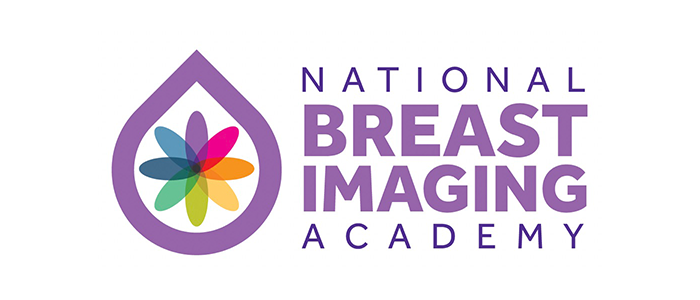In May 2020, the National Breast Imaging Academy (NBIA), in partnership with Health Education England elearning for healthcare (elfh), launched their elearning programme for radiographers, radiologists and breast clinicians. This is the second monthly update about the programme.
elearning sessions are part of the NBIA’s aim to provide online learning to complement face-to-face clinical training. The sessions are designed to support trainees in breast imaging and to provide valuable continuing professional development (CPD) resources for all qualified staff.
The full programme of elearning sessions is due to launch in Autumn, but many sessions are available now, to support your training needs during the COVID-19 pandemic.
What’s new in June 2020?
There are now over 60 elearning sessions are available via the elfh Hub. New sessions added recently include:
- Advanced Ultrasound Techniques 1 Elastography
- Assessment for Mammographers
- Axillary Staging in Breast Cancer Patients
- Day in the Life of a Breast Clinician
- Day in the Life of a Histopathologist
- Interpreting Contrast-enhanced Spectral Mammography
- Living With, Through and Beyond Breast Cancer
- Mammographic Artefacts
- MRI Artefacts
- MRI in Breast Cancer
- QA, Standards and Guidance
- Ultrasound Interpretation – Solid Benign Masses
Additional sessions will be added to the elearning catalogue as soon as they are ready.
What is the NBIA?
Hosted by Manchester University NHS Foundation Trust, the National Breast Imaging Academy (NBIA) project is a collaborative, national, multidisciplinary initiative, involving training centres and NHS Trusts around the country as well as Health Education England, Public Health England, the Royal College of Radiologists, the Society and College of Radiographers, the Association of Breast Clinicians and elearning for healthcare.
The initiative exists to produce solutions which address the workforce shortage in breast imaging services, including the establishment of a national centre of excellence for training, an innovative, online technology-enhanced learning platform, the NBIA Online and the development of high-quality training programmes for radiographers, radiologists and breast clinicians.
For further information about the NBIA please visit: www.nationalbreastimagingacademy.org.
What can I expect from the elearning sessions?
The interactive elearning sessions have been written by UK experts for radiographers, radiologists and breast clinicians. Sessions cover a wide range of topics on breast imaging and relevant aspects of surgery, oncology, pathology, nursing, and risk and prevention.
In addition to the recently added elearning sessions listed above, you can also access:
- Assessment for Mammographers
- Challenging Scenarios in Breast Screening
- Clinical Presentations – Implant Symptoms
- ‘Day in the Life’ series showcasing breast multidisciplinary team members
- Image Evaluation
- Indications for Breast MRI
- Tips for Reading Screening Mammograms
Monthly updates about the NBIA elearning sessions
The NBIA and HEE elfh teams will be sharing updates on the new sessions added on a monthly basis.
Please visit the HEE elfh news page and follow @HEE_TEL on Twitter for further updates.
Accessing the elearning sessions
For more information about the sessions, including details on how to access the NBIA elearning programme, please visit: https://www.e-lfh.org.uk/programmes/national-breast-imaging-academy/.
Your feedback
If you would like to share your thoughts on the resources and input into the evaluation of the NBIA elearning programme, please visit our survey.



Comments are closed.